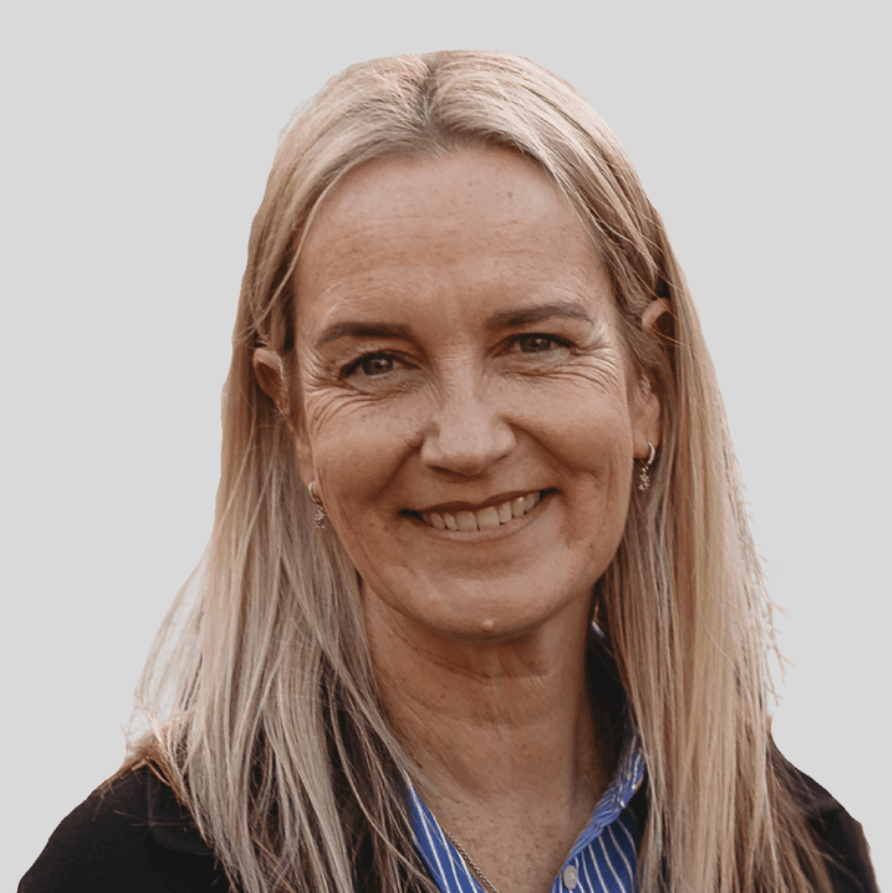
Waipa mayor

Susan O’Regan – 2025
Susan O’Regan – Waipa Mayor
See: Mayoral candidates – in their own words
1. Operational Deficits and Borrowing (maximum 100 words)
Waipā is currently running operational deficits over three years, which reduces the annual rates increase by around 4%. To fund this gap, the council is borrowing an average of $8 million per year.
a. Were you aware of this funding strategy?
b. Do you agree with the approach of borrowing to fund operational shortfalls as prudent rather than raising rates to fully fund current operations? Why or why not?
The assertion in this question that we are borrowing to fund operating deficits for the first three years is not correct. The forecast operating deficits are the result of not fully funding depreciation during those 3 years. While they are forecast accounting deficits, they are not cash deficits and therefore no borrowing is required to fund the shortfall. As the depreciation funding shortfall is made up in subsequent years we felt the budget was prudent. It is an important principle that we try not to borrow to fund operations.
2. Ahu Ake – Waipā Community Spatial Plan (maximum 100 words)
The council has adopted the “Ahu Ake – Waipā Community Spatial Plan” as a long-term vision to guide growth and infrastructure planning.
a. Do you support the direction and priorities set out in Ahu Ake?
Yes and it was unanimously approved March 2025 by the current council membership.
b. Given that the plan proposes a number of costly studies how would you ensure that it remains relevant, affordable, and aligned with community needs over time?
We recently agreed as a council to advance the implementation of Ahu Ake. I strongly support progress here in needing to establish a governance framework, KPIs, monitoring, and reporting, to keep the spatial plan live, relevant, and affordable, with strict financial control. Funding is available within the Long Term Plan, and no extra is required. I have strong relationships with our partners: central government, iwi, and philanthropic sources and note the success of implementation of Ahu Ake relies on these.
3. Cambridge Connections (maximum 100 words)
The Cambridge Connections project reset proposes a transport network realignment and new infrastructure development around Cambridge, with potential long-term cost across the district and land use implications as well as extensive consultation.
a. Do you support the scale and scope of the Cambridge Connections project as currently proposed?
Yes – as mayor I am pleased with the progress made since I commissioned and independent report and signalled the need for a reset. The recent unanimous approval by council of the Project Implementation Plan for this reviewed community engagement centric approach is evidence there is support for this way forward.
b. How should costs and impacts be managed to ensure fairness to ratepayers and affected communities?
The key to managing Cambridge Connections’ costs is building a strong business case so NZTA provides subsidised funding. Until such stage as further work is undertaken to refine the funding responsibilities, given its critical district-wide importance, for now, it would suggest costs should be shared across Waipā.
4. Council Expenditure and Core Services (maximum 100 words)
a. In your view, is Waipā District Council currently limiting its spending to basic or essential services?
b. If elected, would you support a review of current expenditure with a view to reducing non-essential costs and/or staffing levels?
I acknowledge the financial pressures ratepayers face in today’s climate. However, over 80% of our budgets relate to critical services – water, wastewater, and transport, with the rest invested in thing considered “non-essential”. However, these expenses like parks, reserves, libraries and museums are all things that make Waipā a great place to live and underpin the value of every home and business in the district. However, we must absolutely stretch the rate payer dollar further and savings found through smarter asset management, better technology, and stronger contracts. With waters migrating out, the organisation will be right-sized for the future as a matter of course.
5. Urban Intensification and Tier 1 Status (maximum 50 words)
Waipā must now enable greater housing intensification and density under new rules.
What principles should guide where and how higher-density housing is developed?
Higher-density housing in Waipā must align with existing infrastructure, protect neighbourhood character, and avoid costly sprawl. Developments should be well-designed, liveable, and attractive, offering real choice while reflecting how people want to live. Done well, intensification can strengthen communities without losing what makes Waipā still feel like Waipā.
6. Māori Ward Representation (maximum 50 words)
Waipā established a Māori ward to enhance Māori representation at the council table.
Do you support the continuation of the Māori ward beyond the current term?
Good governance relies on a range of voices. I support retaining Waipā’s Māori ward seat. Having a Māori ward councillor at the table has added real value, bringing perspectives that strengthen our discussions and lead to better outcomes for all of Waipā.
7. Community Boards (maximum 50 words)
Do you believe community boards effectively represent community views and provide valuable advice to council? Would you support any changes to their role or powers?
Community boards play a role in representing local views and advocating for their communities. I’ve supported the Community Board 2.0 Reset to lift performance and sharpen strategic focus, and as mayor I’ll continue backing work to improve the function of boards to achieve real results for their communities.
8. Te Ara Wai (maximum 50 words)
What do you think the council should do with the old Bunnings building in Te Awamutu, which it bought to house Te Ara Wai Museum?
I’ve long advocated for Te Ara Wai. However, I initially had reservations about the Arawata Street purchase, for a variety of reasons, and with today’s financial pressures, it is clear council must now consider all options. Any decision of course will need a comprehensive review, balancing strategic value alongside financial implications.
9. Future of Lake Karāpiro Domain (maximum 50 words)
Lake Karāpiro Domain is often referred to as Waipā’s “jewel in the crown”. The site is currently being reviewed under the Reserves Act 1977, and future options may include increased commercial development such as hotel or motel accommodation.
Hamilton City Council now charges outsiders to visit the Gardens, should Waipā do something similar at Karāpiro?
Do you support further commercial development at Lake Karāpiro Domain and/or a visitors’ levy?
I am interested in the outcome of our broader community engagement here. There are potential benefits of commercial development, but we must consider several things. The financial costs of this investment would be significant, and in terms of the scope of local government, we shouldn’t be competing with the private sector.
10. Finally, what is your vision for the Waipā district? (maximum 250 words)
I was born and raised in Waipā, with family roots stretching back more than a century. I’ve farmed here, raised my children here, practiced law here, and built businesses here. Waipā is not just where I live – it is part of who I am.
My vision is for a Waipā where every generation belongs and thrives: a place where seniors live with dignity, where young people help shape tomorrow, where families flourish, and where both rural and town communities feel equally supported. I want a district where my children and yours, can build fulfilling lives without feeling they need to move away to do so.
Waipā is under pressure – rising costs, rapid growth, government reform, and tough financial times.
These challenges are real, and they demand strong, proven leadership. Now more than ever Waipā needs steady hands, clear direction, and the experience to deliver leadership you can rely on.
That means smarter investment, meaningful connection with our communities, and demanding better value for every ratepayer dollar. I want a council that listens more, works alongside its people, and delivers results that matter. Change is happening, but more is needed.
I’ve built trusted relationships at every level – from grassroots to the Beehive. These are critical as we navigate change.
As reform unfolds, I want to ensure Waipā remains one of the best places to live, raise a family, and do business. I’d be grateful for your support so I can continue serving and providing the leadership Waipā needs.








